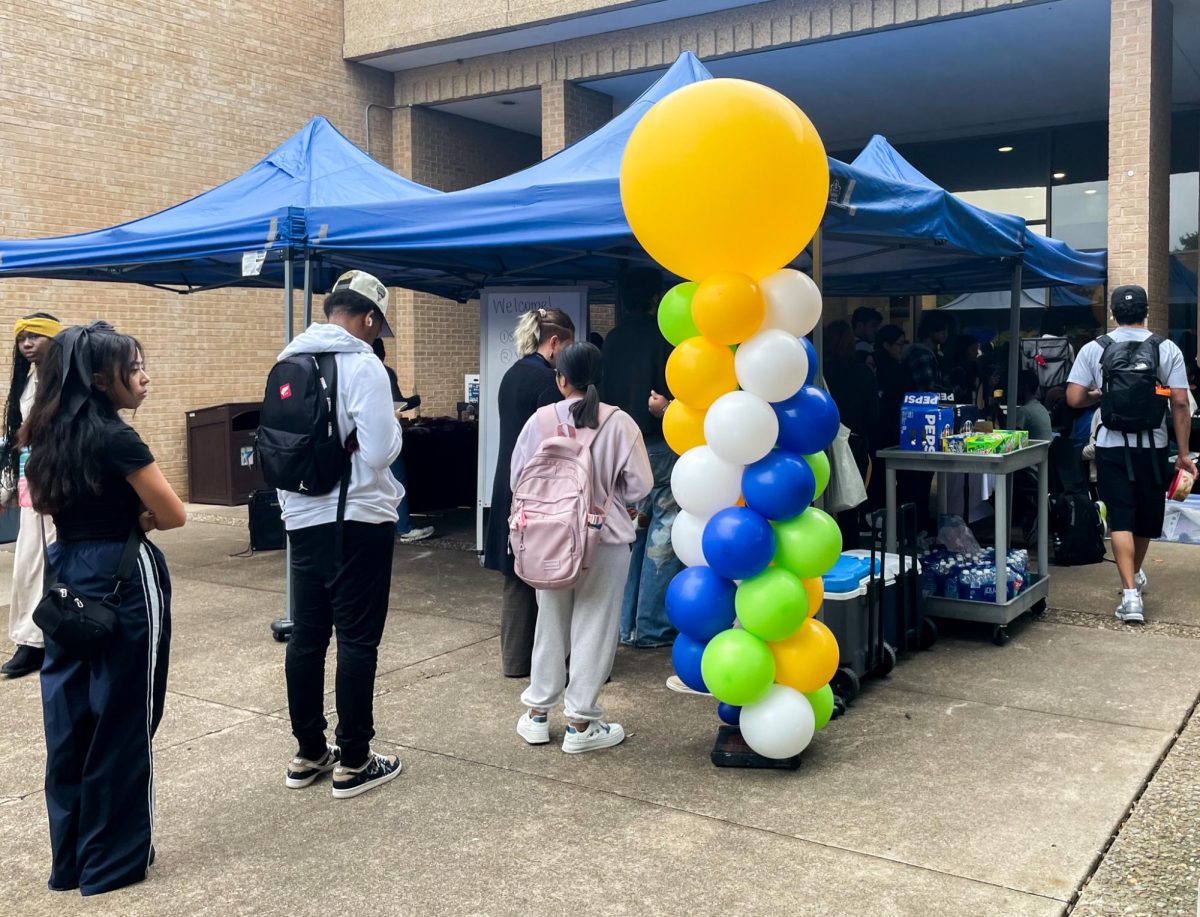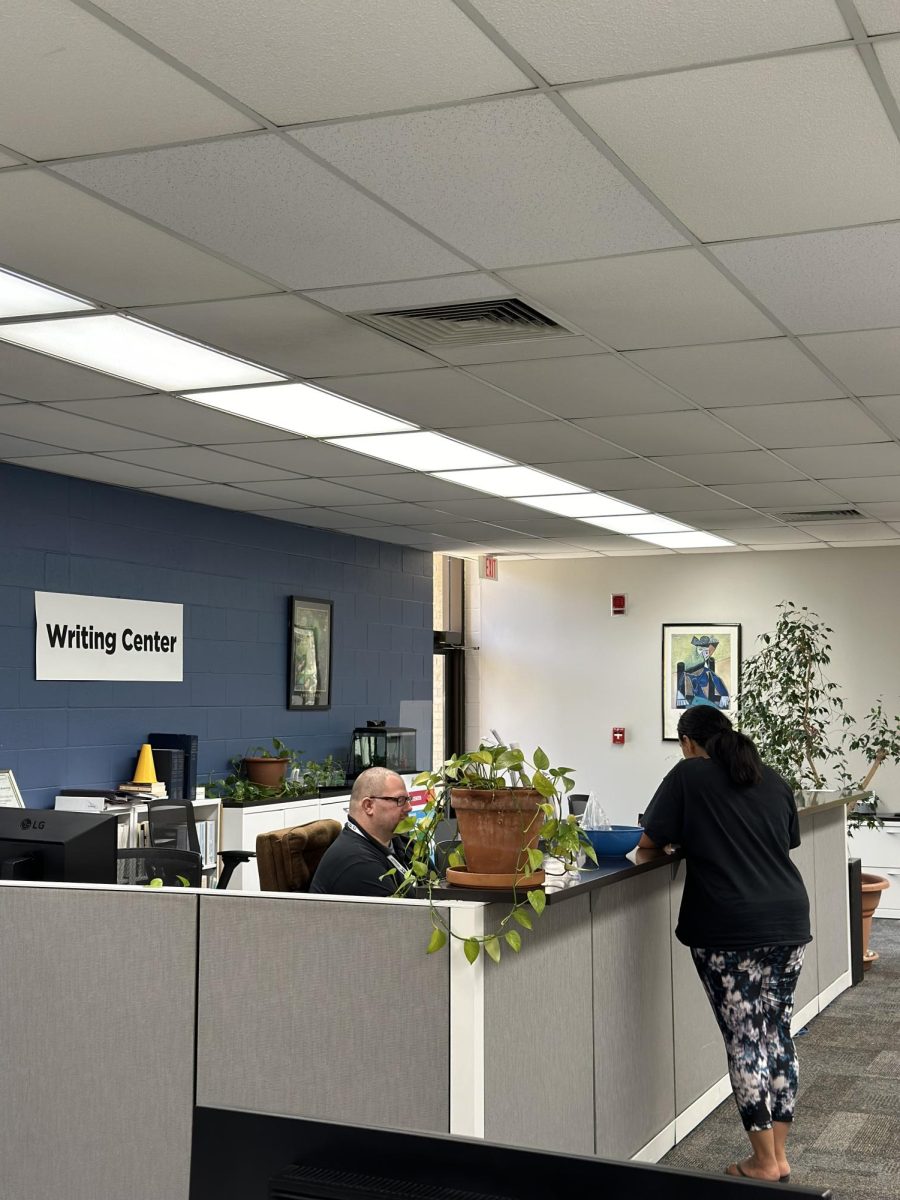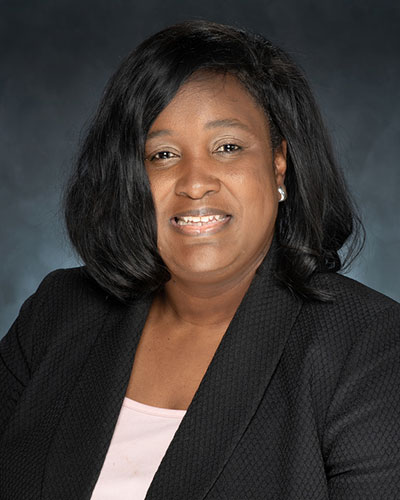HOPE SMITH
editor-in-chief
hope.smith393@my.tccd.edu
As part of enrollment and retainment measures, TCC students will be assigned an adviser until completion, a measure not implemented until recently.
NE Vice President of Student Affairs Terese Craig explained that the goal for the college was to achieve pre-pandemic TCC community and workforce numbers.
One of the observed issues came from appointments and the individual’s situation. Where students once had to make an appointment and meet with a counselor, Craig said the investment of new counselors on campus to be assigned helps avoid a game of “Telephone” when having to re-tell a student’s academic plan to each new counselor.
“Part of what we saw was that by the time a student was actually ready to register – and really should be seeing an adviser – they were really confused, because they were given to anywhere from six to eight different advisers along the steps of the process,” she said.
Because the college follows the National Academic Advising Association’s three goals and eight principles, Craig said the focus was understanding what a reasonable caseload looks like per adviser.
Provost Shelly Pearson said that under the “One College” model, though TCC has many campuses, the main goal is to make the student experience the same across the board. This includes support, services and advising.
“You don’t want to have one direction on one campus and then go to another campus and it’s a different direction, especially in advising but even in academics,” she said. “We need to approach our general operations consistently.”
Since the COVID-10 pandemic that caused a deep slope in enrollment for higher education institutions, according to Pearson, TCC is beginning to experience a jump in numbers, with around a four to five percent increase per semester.
“We are coming out of this recovery period, and I’m very excited about that because we have a trajectory, our goal is 50,000 students by [20]25,” she said. “Right now, we’re hovering in the neighborhood of 45,000.”
She noted that the growth is good, but it is important to focus on planned growth. That is why with the implementation of assigned advising for students, there is a more stable structure.
“We need to make sure that that student is not just accounted number, we’re making sure that the students are progressing and actually finishing and completing their work,” she said.
Completion can be defined as anything from graduation, certification or transfer.
Craig explained that the roles of the advisers have been clearly defined between success coaches, enrollment coaches and assigned advisers, or career advisers. This made it easier to identify the needs of the student during application for general questions and onboarding, and then afterwards with an assigned adviser for their larger goals and plans.
Right now, she said advisers are being assigned a 350-450 student caseload which varies depending on the campus.
“We know every relationship is different, every student’s experience and needs are different,” she said. “But the access to a person who’s there for them shouldn’t feel different.”







































